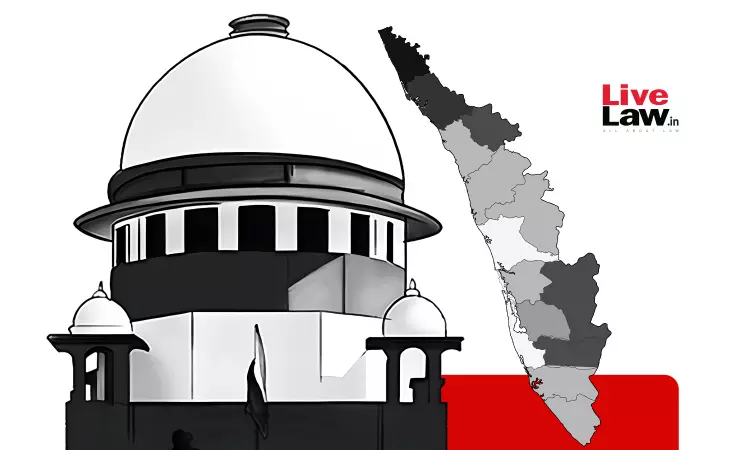The Supreme Court on Monday (April 1) referred the suit filed by the State of Kerala against the Union of India challenging the limits imposed on the State's borrowing capacities to a 5-judge Constitution Bench in terms of Article 145(3) of the Constitution.At the same time, however, the bench, comprising Justices Surya Kant and KV Viswanathan, refused to pass orders on the interim relief...

